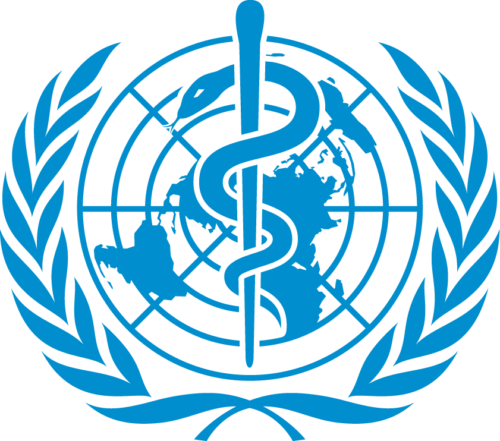
The coming year 2022 could start an the end to the COVID-19 pandemic but only if all governments show more solidarity to fight the virus instead of focusing on booster shots while people in poorer countries have nothing.
“No country can boost its way out of the pandemic. And boosters cannot be seen as a ticket to go ahead with planned celebrations, without the need for other precautions,” WHO chief Tedros Adhanom warned ahead of the year end festivities.
“It is frankly difficult to understand how a year since the first vaccines were administered, three in four health workers in Africa remain unvaccinated,” he scolded. It is essential that all health workers have all the tools they need to do their jobs – training, personal protective equipment, safe work environment, and the vaccines.
If handled equitably, WHO projections show that supply should be sufficient to vaccinate the entire global adult population, and to give boosters to high-risk populations, by the first quarter of 2022. Only later in 2022 will supply be sufficient for extensive use of boosters in all adults.
COVID-19 continues to claim around 50 thousand lives worldwide every week. This year was very painful with 3.5 million killed by the pandemic. That was more deaths than from HIV, malaria and tuberculosis combined in 2020.
“Blanket booster programs are likely to prolong the pandemic, rather than ending it, by diverting supply to countries that already have high levels of vaccination coverage, giving the virus more opportunity to spread and mutate,” Tedros said.
At the same time, work has begun on identifying the next generation of vaccines. A new Solidarity Trial Vaccines program is being co-sponsored by WHO and health authorities in Colombia, Mali and Philippines to uncover second-generation vaccines with better protection against variants and longer duration of protection. Assessments are also underway of vaccines that can be given without needles.
Research teams in Colombia, Mali, and Philippines began recruiting volunteers in late September and more than 11,500 people are participating in the trial which includes two vaccines. Three more vaccines will be included shortly and others will be added when possible. The vaccines in the trial were selected by an independent advisory group of leading scientists and experts.
The painful lessons of 2021 were that science delivered hope in the form of vaccines but their inequitable sharing has cost many lives.
WHO’s Strategic Advisory Group of Experts on Immunization (SAGE) expressed concern that blanket booster programs will exacerbate vaccine inequity. It is important to remember that the vast majority of hospitalizations and deaths are in unvaccinated people, not un-boosted people.
While some countries are now rolling out blanket booster programs, only half of WHO’s member countries have been able to reach the target of vaccinating 40% of their populations by the end of 2021, because of distortions in global supply.
Enough vaccines were available this year that the 40% target could have been reached in every country by September, if vaccines had been distributed equitably.
To end the pandemic, the priority now must be to support all countries to reach the 40% target as quickly as possible, and the 70% target by the middle of next year.
















